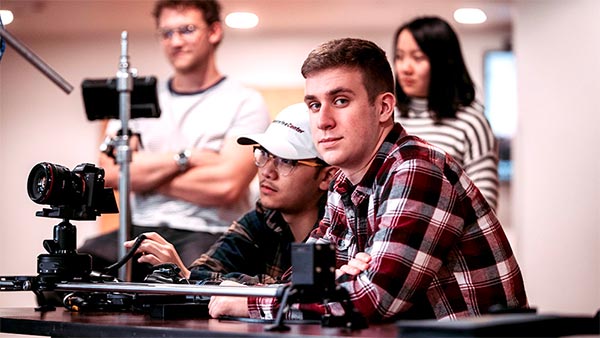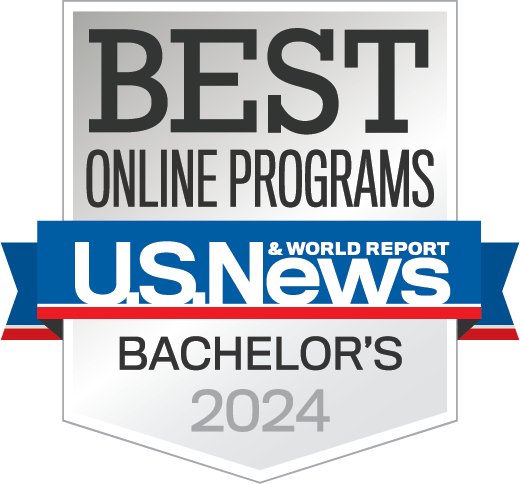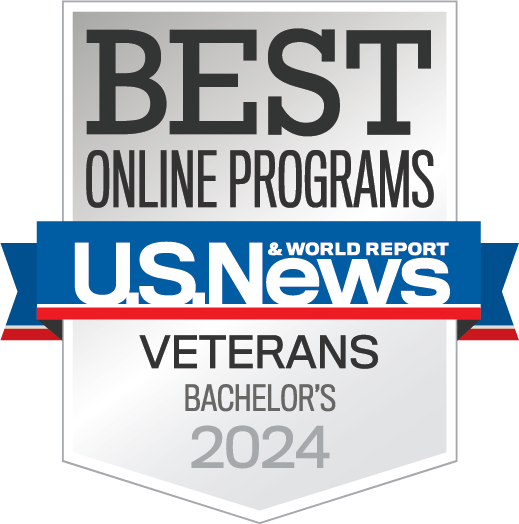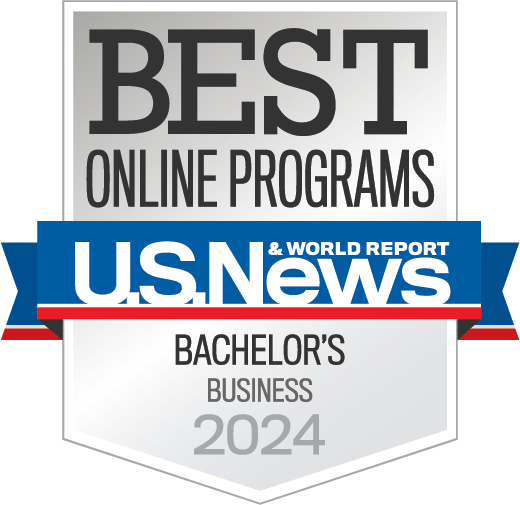Theory and Practice That Explain Everything
It’s on the evening news every day. It makes headlines in the morning paper. And it’s what people talk about all the time, yet few really know how it works.
It’s the economy.
At a time when it seems everyone has an opinion but can’t necessarily explain why, our Economics major trains a new generation of business people who know exactly how and why things happen the way they do. How supply and demand interact. Why inflation occurs. The role of interest rates, and why there is unemployment.
It’s the story of shortages and surpluses, esoteric topics such as marginal revenue, and elasticity of demand. These are the things going on in our economy. They affect people right where they are, yet so few understand them. All they know is that there are things beyond their control, and the effect might not be good.
By completing introductory and intermediate courses in Micro and Macro Economics, and then continuing into more advanced subjects like Money, Credit, and Banking, International Economics, and even Sports Economics, students will leave our program with a solid understanding of how our economy works. We offer three different degrees in Economics—a B.B.A., B.A., and B.S., each with slight differences. Be sure to check them out!
Because we need more professionals who truly know the reasons behind the ups and downs of the economy, and then be able to lead companies and organizations through thick and thin.
- ECON 3311 - Intermediate Microeconomic Theory
- ECON 3312 - Intermediate Macroeconomic Theory
- 18 Hours of Economics Electives depending on degree option chosen
For more details about courses required for this degree see the Advising Services Degree Checklist Page and select the catalog year that you are following for your degree plan.
Available 100% Online
MINOR REQUIREMENTS- ECON Elective
- ECON Elective
- ECON Elective
- ECON Advanced Elective
- ECON Advanced Elective
- ECON Advanced Elective
Available 100% Online
The law as it pertains to Economics can be a tangled web, and this specialization allows students to get firmly grounded in the primary aspects of Economics, but also be exposed to how the law affects fields as diverse as healthcare, cross-cultural issues, employment, gifts and estates, accounting and financial services, and conflict resolution. It takes persons capable of balancing theory along with a constantly evolving legal environment to slice through this complicated maze.
For more details about courses required for this degree see the Advising Services Degree Checklist Page and select the catalog year that you are following for your degree plan.
- MATH 1325 - Mathematics of Business and Economics II or MATH 2413 - Calculus I
- CIDM 2342 - Statistics for Business and Economics
- ECON 2302 - Principles of Microeconomics
- ECON 3311 - Intermediate Microeconomic Theory
- ECON 3312 - Intermediate Macroeconomic Theory
- 18 hours of Economics Electives depending on degree option chosen
- 15 hours of additional course work with prior approval of advisor
For this degree, students will take the following B.A. degree requirements instead of the B.B.A. Core requirements:
- 6 hours of foreign language, and
- 6 hours from art, communication studies, dance, Engligh, history, media communications, modern languages, music, philosophy, religion, and theatre
For more details about courses required for this degree see the Advising Services Degree Checklist Page and select the catalog year that you are following for your degree plan.
- MATH 1325 - Mathematics of Business and Economics II or MATH 2413 - Calculus I
- CIDM 2342 - Statistics for Business and Economics
- ECON 2302 - Principles of Microeconomics
- ECON 3311 - Intermediate Microeconomic Theory
- ECON 3312 - Intermediate Macroeconomic Theory
- 18 hours of Economics Electives depending on degree option chosen
- 15 hours of additional course work with prior approval of advisor
For this degree, students will take the following B.S. degree requirements instead of the B.B.A. Core requirements:
- 6 hours from biology, chemistry, environmental science, geology, geosciences, mathematics, physics, and natural sciences
For more details about courses required for this degree see the Advising Services Degree Checklist Page and select the catalog year that you are following for your degree plan.
CAREER OPPORTUNITIES
Economics
- Data analysis
- Research analysis
- Consulting
- Policy advising
- Economic development
Banking and Finance
- Financial analysis
- Credit analysis
- Lending
- Mortgage loans
- Market research analysis
Insurance
- Sales
- Claims
- Risk management
- Asset management
- Actuarial science
Sales
- Service sales
- Advertising sales
- Corporate sales
- E-commerce
- Sales management - district, regional, and higher
There are many career and academic opportunities for Economics majors. Some graduates go on to pursue advanced degrees in the field, and then either go into the private or governmental sector, or even higher education. Others continue into law school and either establish their own practice, or take on corporate or governmental employment.
The Economics major is truly a stepping stone to many different career paths. Just pick one.
For more information about Economics Careers and Salaries, visit http://wtamu.myplan.com.

Find Your Community
If you’re looking to combine professional with social activities, we have more than a dozen faculty-led student groups in the College of Business. Find your people and meet up for fun as well as the chance to network among yourselves and with guest speakers.
Learn More
Go Amazing Places
We live in a globally connected world, and that truth becomes crystal clear when you participate in one of our faculty-led Study Abroad programs. Step outside your comfort zone, and learn how other cultures live and do business.
Learn More
Get to Work
There’s no better way to pad your resumé than to show practical work experience. Each semester, companies come to us looking for qualified students looking to set themselves apart from the pack. Work. Learn. Get paid. It doesn’t get much better.
Learn More






